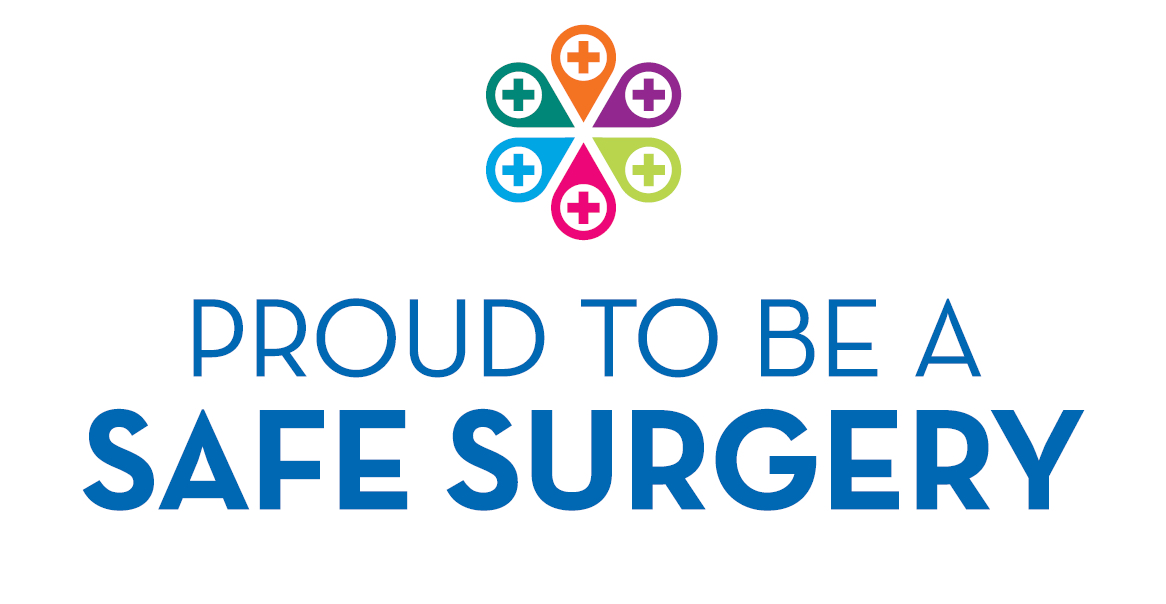Introduction
This page includes specific guidance for people aged 12 and over whose immune system means they are at higher risk of serious illness if they become infected with coronavirus (COVID-19).
This page contains useful information on:
- who the guidance is for
- keeping yourself safe
- eligibility for additional COVID-19 vaccine doses
- eligibility for new NHS COVID-19 treatments if you become infected
Who this guidance is for
Immunosuppression means you have a weakened immune system due to a particular health condition or because you are on medication or treatment that is suppressing your immune system. People who are immunosuppressed, or have specific other medical conditions, have a reduced ability to fight infections and other diseases, including COVID-19.
Most people in this group will be under the care of a hospital specialist.
People in this group, and who should follow this guidance on keeping yourself safe, have been identified in one of 2 ways:
1. Eligibility for a third primary dose of the COVID-19 vaccine.
2. Eligibility for new treatments for COVID-19.
Further information on who is included in these 2 groups of people is included in the sections on vaccination and new treatments below.
Keeping yourself safe
If you are in one of these 2 groups, we advise you to:
- ensure you have had all of the vaccines you are eligible to receive, including your booster
- continue to follow any condition-specific advice you may have been given by your specialist
- work from home if you can. If you cannot work from home, speak to your employer about what temporary arrangements they can make to reduce your risk
- wait until 14 days after another person’s most recent dose of a COVID-19 vaccine before being in close contact with them
- avoid enclosed crowded spaces
- practice social distancing if that feels right for you and your friends
- ventilate your home by opening windows and doors to let fresh air in
- ask friends and family to take a rapid lateral flow antigen test before visiting you
- ask home visitors to wear face coverings
- wash your hands regularly and avoid touching your face.
If you are too ill to work, you may be eligible for Statutory Sick Pay. Children and young people should attend education settings unless their clinician has advised otherwise
NHS Volunteer Responders are available to help with things like collecting shopping, medication, or other essential supplies, and with transport to medical appointments. They can also provide a regular, friendly phone call. More information is available online, or you can call 0808 196 3646 between 8am and 8pm.
COVID-19 vaccines
A third dose of the COVID-19 vaccine is being offered to people aged 12 and over who had a weakened immune system when they had their first 2 doses. As of 29 November, the government accepted advice from the Joint Committee on Vaccination and Immunisation (JCVI) that people in the severely immunosuppressed group who have completed their primary course (3 doses) of COVID-19 vaccination will be due a booster (as a fourth dose) 3 months after administration of their third dose.
This includes people who had or may recently have had:
- a blood cancer (such as leukaemia or lymphoma)
- a weakened immune system due to a treatment (such as steroid medicine, biological therapy, chemotherapy or radiotherapy)
- an organ or bone marrow transplant
- a condition that means you have a very high risk of getting infections
- a condition or treatment your specialist advises makes you eligible for a third dose
JCVI has advised that household contacts of individuals who are immunosuppressed aged 5 to 11 are also now eligible for both doses of the Pfizer-BioNTech Comirnaty vaccine, with an 8-week dose interval.
More information is available in a JCVI statement.
The NHS urges people who are immunosuppressed (and their household contacts) to come forward for any vaccine doses they are eligible for as a matter of urgency. We would strongly encourage you to take up this invite as soon as possible to ensure you have the highest possible level of protection.
Vaccination sites have been asked to ensure that appropriate arrangements and reasonable adjustments are in place to reduce wait times for people who are severely immunosuppressed. Priority access at vaccination sites will be given to you and staff will be available to help.
Treatments
New treatments for COVID-19 are available through the NHS for people aged 12 and over who have tested positive for COVID-19 and are at highest risk of getting seriously ill in spite of being vaccinated.
This includes some people who have:
- Down’s syndrome
- a rare condition affecting the brain or nerves (including multiple sclerosis, motor neurone disease, Huntington’s disease or myasthenia gravis)
- sickle cell disease
- certain types of cancer
- HIV or AIDS
- a severe liver condition (such as cirrhosis)
- chronic kidney disease (CKD) stage 4 or 5
- had an organ transplant
- certain autoimmune or inflammatory conditions (such as rheumatoid arthritis or inflammatory bowel disease)
- a condition or treatment that makes you more likely to get infections
- had certain types of chemotherapy in the last 12 months
- had radiotherapy in the last 6 months
Most people in this group will receive a letter from the NHS nationally or from their care team confirming they might benefit from treatments and what steps to take. If you are in this group, a PCR test kit will be sent to your home, which you should keep in the event that you develop any COVID-19 symptoms. If you have not received your PCR kit by 10 January, you can contact 119 to order one.
Following a positive PCR test, most of these patients will be contacted by a local NHS coronavirus medicines team to assess whether they might benefit from treatments.
However, some patients may not be automatically contacted. This situation may arise if a patient has only very recently had a diagnosis or started treatment, particularly for cancer. It may also apply to some conditions where the NHS does not hold good information centrally. In this case, your specialist should contact you with further information about accessing treatments.
These treatments need to be given quickly after you start to feel unwell. They can help to stop you from getting seriously ill from COVID-19.
If you’re eligible for these treatments, have tested positive with a PCR test and are not contacted within 24 hours, you should contact your GP during opening hours or NHS 111 out of hours or at weekends.
There is different guidance available for people living in Scotland, Wales and Northern Ireland.




